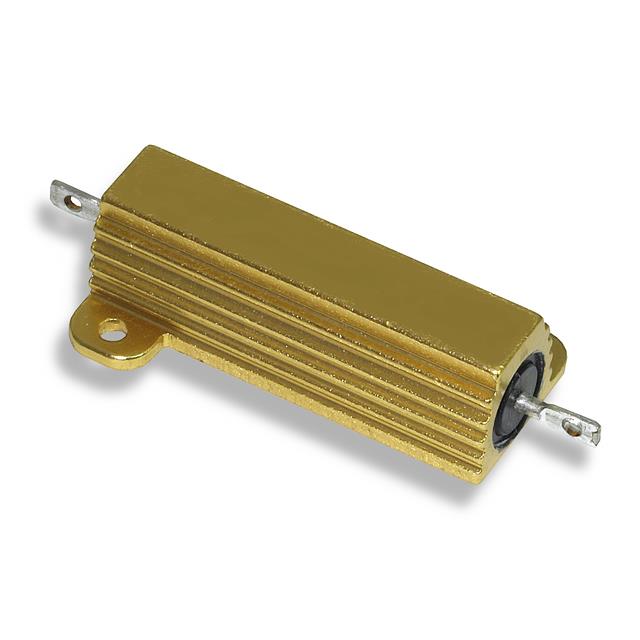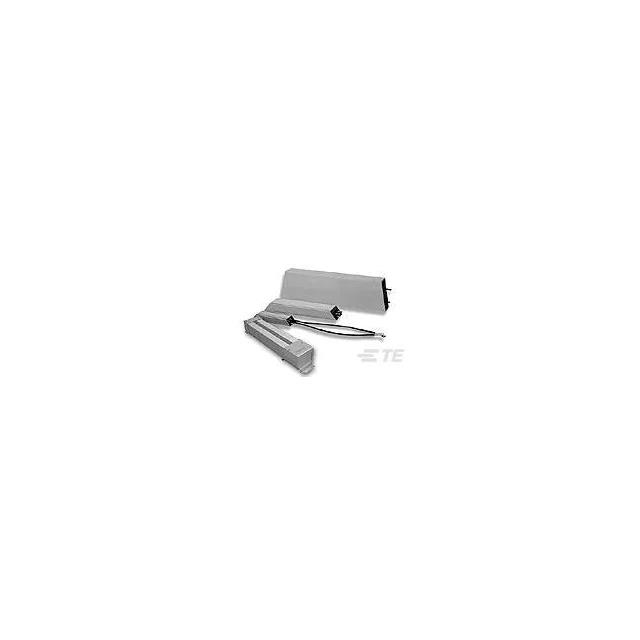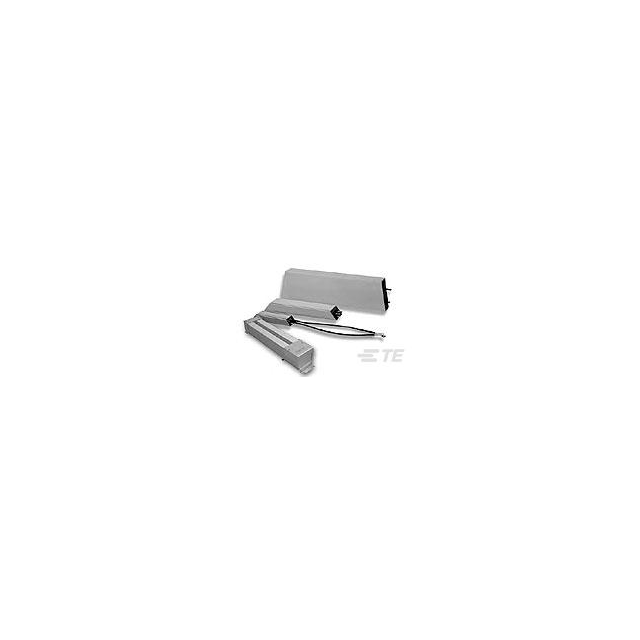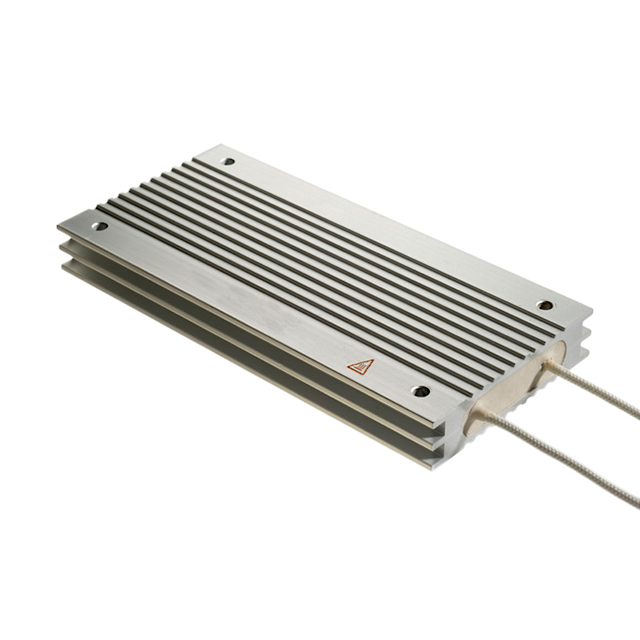Categories
- Chassis Mount Resistors(24,767)
- 1
- 2
- 3
- 4
- 5
- 6
- 250
What is a Chassis Mount Resistor?
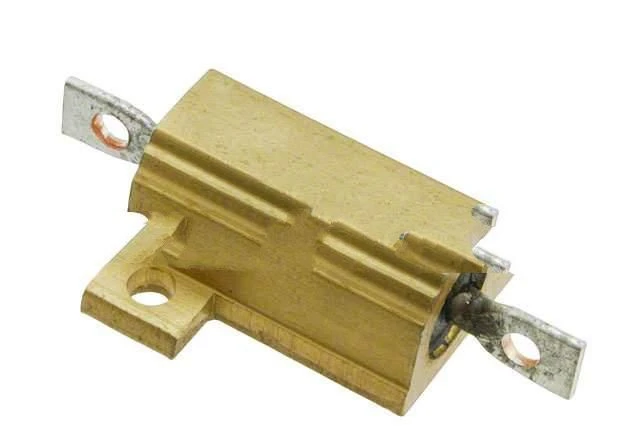
A chasmount resistorsis is a specialized type of resistor intended for direct mounting onto a metal chassis or enclosure. These resistors are essential in various electronic and electrical systems due to their distinct characteristics and durable construction. Unlike surface-mount resistors, which are soldered onto a printed circuit board (PCB), chassis-mount resistors are physically affixed to the metal frame of an electronic device. Typically made from robust materials like metal or ceramic, they are designed to endure mechanical stress and high temperatures. Chassis mount resistors are generally larger than surface mount variants and often feature lead terminals or screw connections for easy attachment to the chassis.
Types of Chassis Mount Resistor
Wirewound Resistors
Constructed by winding a wire around a ceramic core, these resistors deliver high precision and can handle significant power levels. They are ideal for applications requiring accuracy and durability.
Metal Film Resistors
These resistors feature a thin metal film applied to a ceramic substrate, providing exceptional stability and accuracy, making them suitable for high-frequency applications.
Carbon Film Resistors
Manufactured by coating a ceramic rod with a carbon film, these resistors are cost-effective and well-suited for general applications, offering moderate stability and accuracy.
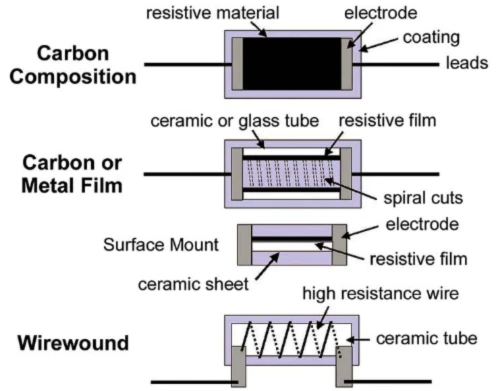
Thick Film Resistors
Made with a thick layer of resistive material, these resistors are known for their robustness and are commonly used in power electronics.
How to Choose the Right Chassis Mount Resistor?
When selecting a chassis mount resistor, consider the following factors:
Resistance Value
Ensure that the resistor provides the appropriate resistance for your application, as this is crucial for maintaining circuit stability and performance.
Power Rating
Select a resistor with a power rating that matches or exceeds your circuit's power requirements to guarantee safe and reliable operation.
Tolerance
The tolerance of the resistor reflects the accuracy of its resistance value. Choose a tolerance level that aligns with the needs of your specific application.
Temperature Coefficient
Take into account the resistor’s temperature coefficient to ensure it delivers stable performance throughout the operating temperature range.







